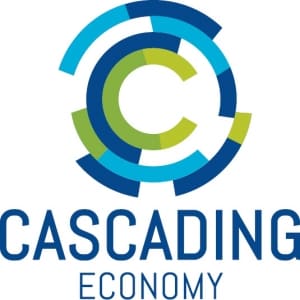We have learnt that tourism is often an essential economic sector in many regions, and that it is now often a weak one. This is where, according to our findings, the topic of sustainability and ecology again takes hold in a deep self-image. How do you manage to bring nature and visitors back into harmony? To arouse interest and at the same time protect the environment? The region around Cuxhaven near the mouth of the Elbe into the North Sea has a long history in tourism, with numerous resorts. However, the number of guests has been declining for several decades, and almost everything is increasingly concentrated on the coast. The municipality of Wingst has the largest piece of forest in the region and would therefore actually be predestined to offer guests a varied balance to the sea. But the tiny zoo and the many small-scale offers do not provide enough attraction.
Eatable Zoo & Land-Expo
We have developed two concepts, the implementation of which is currently in progress: the most radical approach is to transform the zoo into an “eatable zoo” with the guiding principle “look your food in the eye”. In the future, mainly old breeds of domestic animals from the red list are to be shown. Each breed will be coupled with a restaurant in the region, on whose menu the animal can be found, and with a farmer who is the godfather for the breeding of the animals.the second approach takes up the topic of decentralisation and is reflected in the form of a country expo. Land-Expo means many small stations in a natural environment, coupled with digitality (Internet 4.0), experience and entertainment – just like at the big Expo. Thus, small offers become real highlights, individually bookable and prepared in the media, so that a 90-minute stay can be arranged at each station. Guests are left with the feeling that they have not seen everything and therefore have to come back. The Land-Expo can include offers from the entire joint municipality and thus provide a bridge to the coast.


